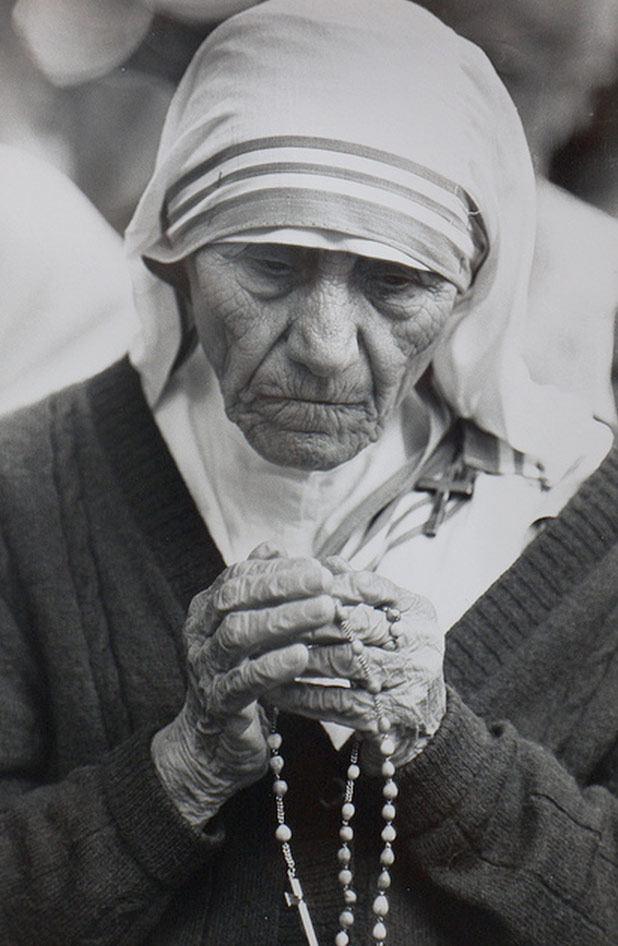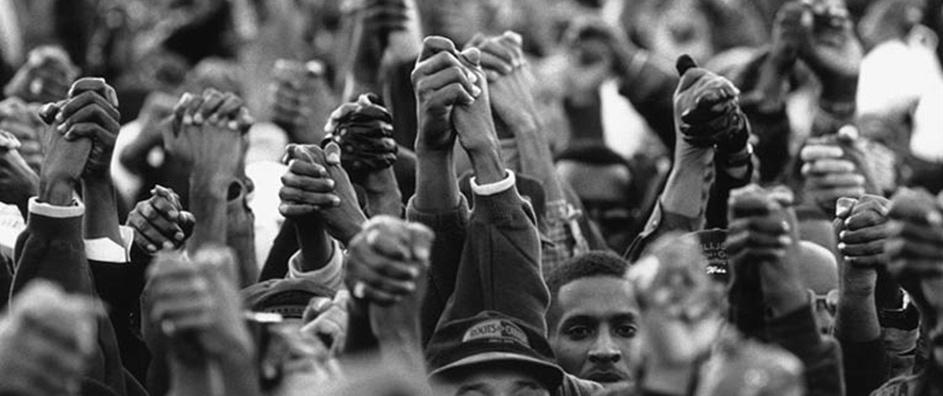The views expressed in our content reflect individual perspectives and do not represent the authoritative views of the Baha'i Faith.
“…the ends do not justify the means. Because there are no ends, there are only means…” – Paulo Coelho
In the first three installments of this series, we focused on the idea of honoring the processes of life. We talked about Kant’s categorical imperative, and the difference between means and ends. In the poet Paulo Coelho’s famous line above, he goes beyond Kant’s simple dichotomy and recognizes the timelessness of existence.
If you consider your existence as eternal, then process becomes all. If there is truly no end to the life of the human soul – which every great Faith tells us – then the concept of “ends” disappears.
In the same vein, when we think of the equation “bad idea + right process = good outcome,” we can think of Abdu’l-Baha’s guidance for governance:
…I swear by the one true God, it is better that all should agree on a wrong decision, than for one right vote to be singled out, inasmuch as single votes can be sources of dissension, which lead to ruin. Whereas, if in one case they take a wrong decision, in a hundred other cases they will adopt right decisions, and concord and unity are preserved. This will offset any deficiency, and will eventually lead to the righting of the wrong. – From a Tablet translated from the Persian.
So in addition to unity attracting divine confirmations, there also is a sort of divinely-protected numbers game that occurs when we cast our lot with unity. We will come out way ahead purely in terms of the massive increase in productivity that unified action results in.
In materialistic individualism, everyone looks out for number one. But with the emphasis on process and unity, we all look out for each other. What would you rather have – one person looking out for you, or many?
The primacy of unity is the key to understanding Baha’i teachings on any number of topics. The Faith can hold that a certain practice is wrong, but how that wrong is righted is just as important as the wrong itself. For example, the Baha’i Faith teaches that the soul associates with the body at conception, and therefore holds that abortion is wrong. But we are told, almost in the same breath, that we should not make this subject the cause of divisiveness or become entangled in the political controversy.
 This aversion to divisiveness extends across all matters. If we seek to fix a problem through any sort of divisive action, we’ve created a situation in which the “cure is worse than the disease.” Accordingly, Baha’is might march in a demonstration “for race unity” but would not be tempted to participate in a “protest against racism.” Mother Teresa captured this idea. When once she was asked if she would participate in a Vietnam War protest, she said, “No, but if you hold a march for peace, I will be there.”
This aversion to divisiveness extends across all matters. If we seek to fix a problem through any sort of divisive action, we’ve created a situation in which the “cure is worse than the disease.” Accordingly, Baha’is might march in a demonstration “for race unity” but would not be tempted to participate in a “protest against racism.” Mother Teresa captured this idea. When once she was asked if she would participate in a Vietnam War protest, she said, “No, but if you hold a march for peace, I will be there.”
Baha’u’llah wrote:
Beware lest ye contend with any one, and strive to make him aware of the truth with kindly manner and most convincing exhortations.
Whatsoever passeth beyond the limits of moderation will cease to exert a beneficial influence. – Gleanings from the Writings of Baha’u’llah, p. 279; p. 216.
Being “for race unity and peace” instead of “against racism and war” might seem like simply playing games with words, but it is not. The difference is profound. If we are to change the world in a lasting way, we must change it through the power of love and attraction. We can save the planet and the human race only by a great joining, an ingathering, by, in modern parlance, an “opt in” — and not by the means that fill our history books, the overpowering of one group by another.
Read the previous article in the series: Finding Unity in the World
















Comments
Sign in or create an account
Continue with Googleor